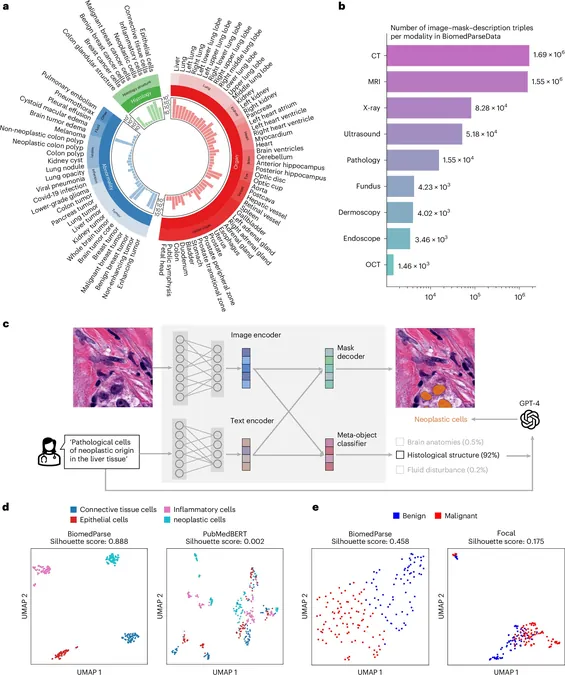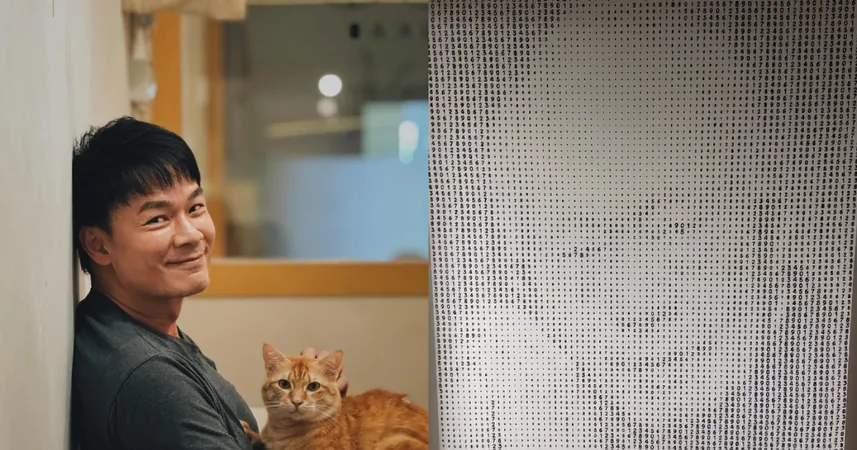
The Struggles of Modern Parenting in Singapore: A Look Back at the 'Golden Age' and the Rise of DINK Couples
2024-11-11
Author: Nur
The Struggles of Modern Parenting in Singapore: A Look Back at the 'Golden Age' and the Rise of DINK Couples
SINGAPORE: As financial pressures mount in today’s economy, a local man recently sparked a conversation on Reddit's 'Ask Singapore' forum, sharing his bewilderment over how older generations managed to raise families in Singapore while owning both a flat and a car on a single income.
“I don’t know how the older generation made it—having two kids, a car, and a flat, all on one salary,” he expressed, reflecting on the stark contrast of economic realities between then and now. “How did they cope?”
With rising costs throughout the city-state—most notably for housing, education, and essential goods—the man questioned whether Singapore has become increasingly unmanageable for the average citizen. “It seems way harder to achieve what my parents did back then, and I’m from an average Singaporean family,” he added. “The golden age is gone; it’s all downhill now.”
Responses from fellow Redditors echoed his sentiments, attributing the difficulties to soaring inflation and a cost of living that has dramatically escalated. One user recalled, “I remember when my mom earned just over S$3,000 a month; she could afford a maid and pay for our housing solely on that salary. It's true—the golden age is gone.”
Another commenter added, “Your parents may not have been earning S$5,000 a month, but housing didn’t cost S$500,000 either. Additionally, economic policies were much less burdensome for families back then.”
While many agreed on the financial challenges today, others noted that parents in previous generations also faced significant sacrifices, albeit in a different context. “Having kids is a leap of faith,” stated one user. “It’s not all about money; many of us could theoretically afford it. But fear of the future holds people back.”
The discussion also highlighted the rising trend of DINK—Dual Income, No Kids—lifestyles in Singapore. Many users revealed that they’ve adopted this lifestyle by choice or necessity. Various motivations were cited, including the desire for more freedom and flexibility. “I grew up poor; my first time on a plane was after I earned my money,” shared one Redditor, explaining their choice to remain child-free and enjoy quarterly vacations abroad with their spouse.
The DINK lifestyle, first coined in the 1980s, has witnessed a resurgence among younger couples, particularly on social media platforms like TikTok, where those living without children showcase their experiences. Posts under the hashtag “DINK” have surged, evidencing the growing trend of child-free living. In fact, variants of this term have also emerged, such as DINKWAC (dual income, no kids with a cat), DINKWAD (with a dog), and DINKWAH (with a house).
The contrast between the past and present raises vital questions about the sustainability of family life in Singapore, a nation often lauded for its economic prowess yet increasingly facing challenges that threaten the fabric of family life. As young Singaporeans navigate these complexities, the discussions around DINK lifestyles highlight a shifting perspective on what constitutes a fulfilling life in today’s rapidly changing environment.
In this evolving narrative, one can't help but wonder—are today's challenges simply a reflection of a changing society, or are they symptomatic of a deeper systemic issue affecting the very structure of family and community life in Singapore?



 Brasil (PT)
Brasil (PT)
 Canada (EN)
Canada (EN)
 Chile (ES)
Chile (ES)
 España (ES)
España (ES)
 France (FR)
France (FR)
 Hong Kong (EN)
Hong Kong (EN)
 Italia (IT)
Italia (IT)
 日本 (JA)
日本 (JA)
 Magyarország (HU)
Magyarország (HU)
 Norge (NO)
Norge (NO)
 Polska (PL)
Polska (PL)
 Schweiz (DE)
Schweiz (DE)
 Singapore (EN)
Singapore (EN)
 Sverige (SV)
Sverige (SV)
 Suomi (FI)
Suomi (FI)
 Türkiye (TR)
Türkiye (TR)